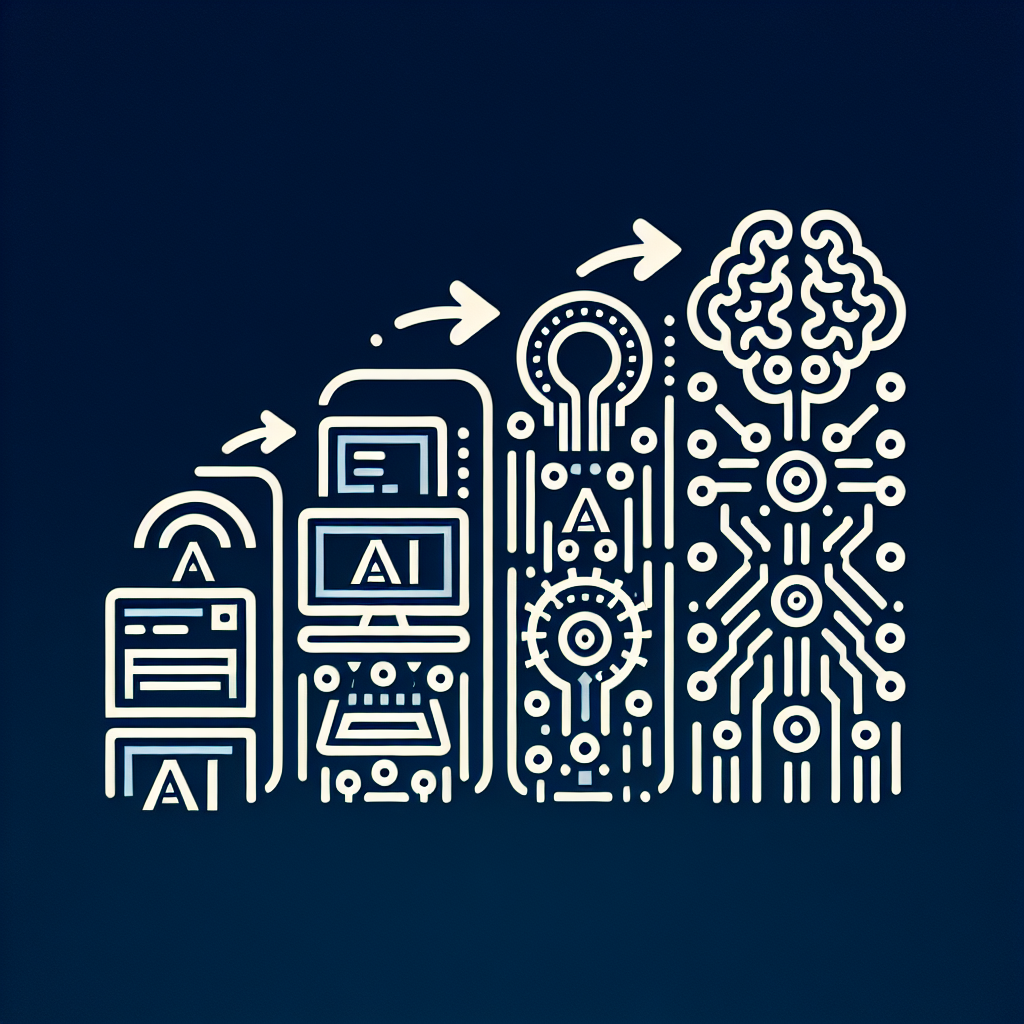Artificial General Intelligence (AGI) is the next frontier in the evolution of artificial intelligence (AI). While current AI systems are capable of performing specific tasks with remarkable accuracy, they lack the ability to generalize their knowledge and apply it to new, unseen situations. AGI aims to bridge this gap by creating machines that can learn and reason in a way that is indistinguishable from human intelligence.
In this article, we will explore the concept of AGI, its potential applications, the challenges that need to be overcome, and the ethical considerations surrounding its development. We will also address some frequently asked questions about AGI to provide a comprehensive overview of this exciting field of research.
What is AGI?
AGI refers to artificial intelligence systems that possess the ability to understand and learn any intellectual task that a human can. These systems are not limited to specific domains or tasks but can adapt and apply their knowledge to a wide range of problems. AGI aims to replicate the cognitive abilities of humans, such as perception, reasoning, problem-solving, and decision-making.
AGI is considered the next step in the evolution of AI, following narrow AI systems that excel at specific tasks but lack general intelligence. The development of AGI has the potential to revolutionize industries such as healthcare, finance, transportation, and entertainment by enabling machines to perform complex cognitive tasks autonomously.
Applications of AGI
The potential applications of AGI are vast and diverse, with implications for almost every aspect of human society. Some of the key areas where AGI could have a significant impact include:
Healthcare: AGI could revolutionize healthcare by enabling personalized treatment plans, predicting disease outbreaks, and assisting in medical diagnoses.
Finance: AGI systems could analyze vast amounts of financial data in real-time to identify trends, predict market movements, and optimize investment strategies.
Transportation: AGI-powered autonomous vehicles could improve road safety, reduce traffic congestion, and enhance the efficiency of public transportation systems.
Entertainment: AGI could create more immersive and interactive entertainment experiences, such as virtual reality games and personalized content recommendations.
Challenges of AGI Development
Despite its potential benefits, the development of AGI presents several challenges that need to be addressed. Some of the key challenges include:
Ethical considerations: AGI raises ethical questions regarding privacy, security, and the potential impact on the job market. Developers must ensure that AGI systems are designed and deployed responsibly to minimize these risks.
Technical limitations: Achieving AGI requires advancements in machine learning, natural language processing, and cognitive computing. Researchers must overcome technical barriers to create systems that can learn and reason like humans.
Regulatory concerns: The rapid advancement of AGI technology raises concerns about regulatory oversight and the need for guidelines to ensure the safe and ethical deployment of these systems.
FAQs about AGI
Q: What is the difference between AGI and narrow AI?
A: Narrow AI systems are designed to perform specific tasks, such as image recognition or language translation, while AGI systems possess general intelligence and can adapt to a wide range of tasks.
Q: How close are we to achieving AGI?
A: While significant progress has been made in AI research, achieving AGI remains a long-term goal. Researchers continue to work on developing more advanced machine learning algorithms and cognitive computing methods to move closer to AGI.
Q: What are the ethical implications of AGI?
A: AGI raises ethical concerns related to privacy, security, bias, and the potential impact on the job market. Developers must address these issues to ensure that AGI systems are designed and deployed responsibly.
Q: Will AGI replace human workers?
A: AGI has the potential to automate certain tasks currently performed by humans, but it is unlikely to replace human workers entirely. Instead, AGI is expected to augment human capabilities and create new opportunities for collaboration between humans and machines.
Conclusion
AGI represents the next frontier in the evolution of artificial intelligence, with the potential to revolutionize industries and transform society. While the development of AGI presents challenges that need to be overcome, researchers are making significant progress in advancing the field. By addressing ethical concerns, technical limitations, and regulatory considerations, we can harness the power of AGI to create a more efficient, intelligent, and inclusive future.

